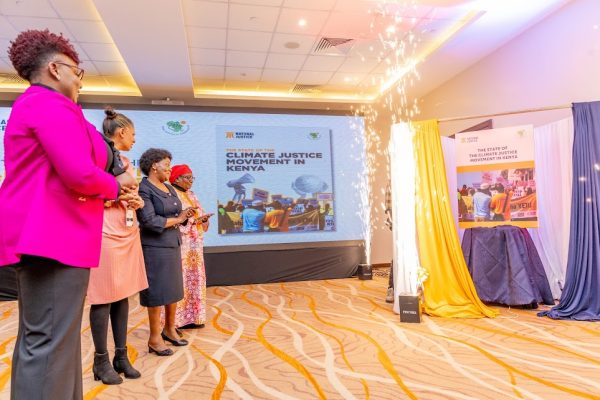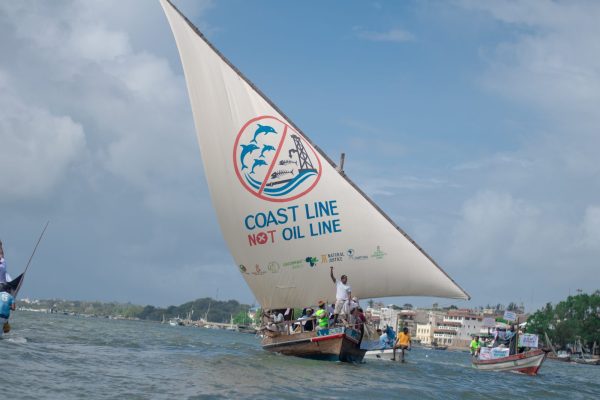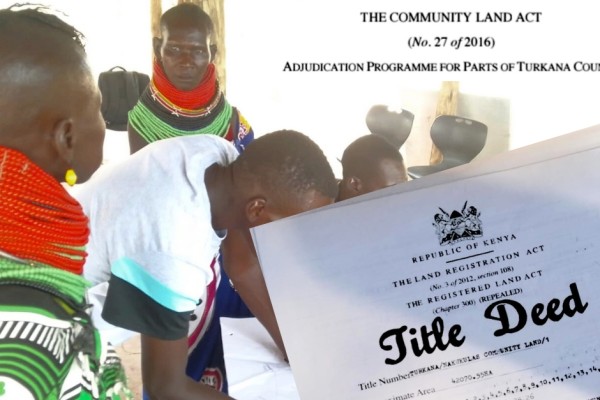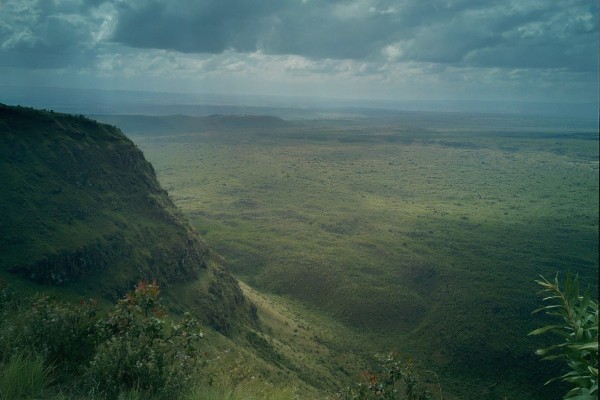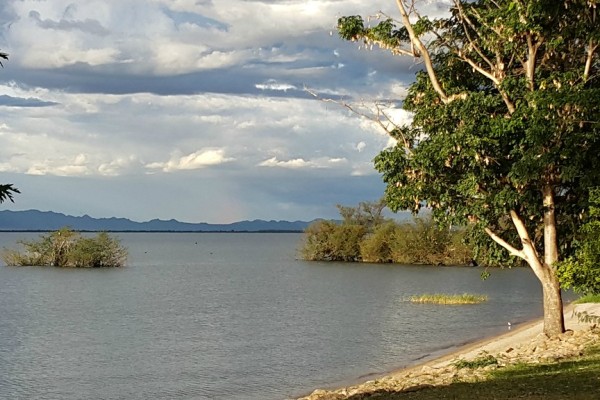
Are community protocols useful in assisting communities to respond to the challenges posed by extractive industries? For the last three years, four communities in Argentina, India, Kenya, and Zimbabwe, respectively, have been participating in a project that seeks to answer this question (click here for more information). On Thursday April 14, a Symposium at the Heinrich Böll Stiftung’s headquarters in Berlin brought community members and supporting organizations that are part of the project together with experts involved in relevant fields to present and discuss experiences as well as lessons-learned from the project so far.
The Symposium provided an opportunity for participants to learn more about the process going on in each country through parallel working groups. During the working groups, each project partner gave a presentation on the process thus far and participants were able to ask questions and share their own thoughts and experiences. The presentations showed that the various protocol processes had helped communities to decide on their priorities, articulate appropriate ways for obtaining free, prior and informed consent, and led to the formation of community groups to deal with specific issues caused by extractive activities. In the afternoon, a “World Café” session addressed several guiding questions relevant to developing community protocols, including how to identify the “community” to ensure meaningful stakeholder engagement, options for benefit sharing arrangements in the context of extractive industries, and how communities can ensure that impact assessments are conducted with their participation.
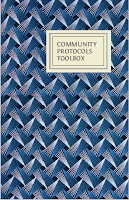
The Symposium also served as the launch of the Community Protocols Toolbox, a publication developed as part of the project. The Toolbox provides practical guidance for facilitators on what to consider before developing a protocol. It breaks the protocol process down into five main elements (facilitator’s perspective, community background, process, outcome, and legal landscape), with context provided for each element. It also provides tools for actually engaging in the process of developing protocols, including tools for holding meetings, ensuring an inclusive process, and for finding relevant national and international laws. It is currently available in hard copy in English, but we hope to make it available in other languages soon. Over the next few months, work will also continue on a research paper to provide an overview of the different processes and seek to identify good practices for protocol processes in the extractive industries context.


